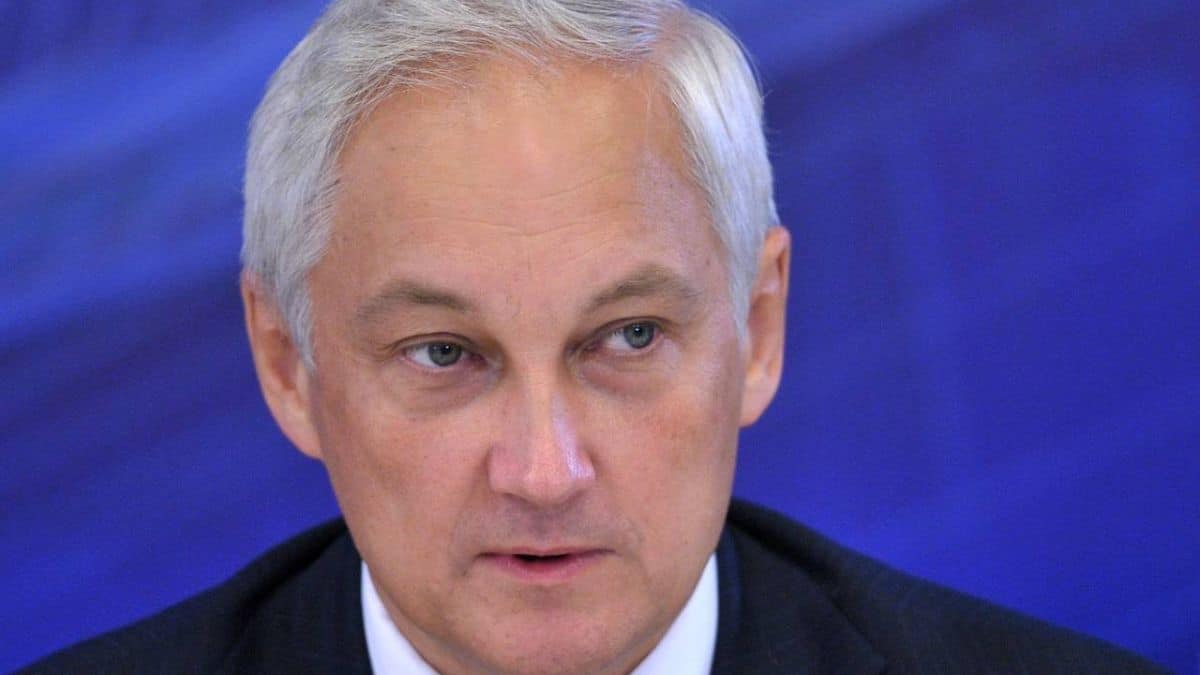According to former UN weapons inspector and U.S. Marine Corps intelligence officer Scott Ritter, Russian President Vladimir Putin’s appointment of Andrei Belousov as deputy prime minister overseeing the defence industry signals a major “revolution” in how Moscow is approaching military manufacturing and logistics for sustained, high-intensity warfare.
Ritter, who has decades of experience analyzing and understanding Russia’s military capabilities, explained that historically what ultimately wins protracted wars is the ability to fully leverage an “arsenal of democracy” – referring to the Allied Forces’ victory in World War II that was driven by the United States’ unmatched ability to ramp up industrial production of tanks, aircraft, ammunition and an endless stream of military goods and supplies to overwhelm the enemy.
In Ritter’s assessment, this critical capability to sustain incredibly high operational tempos during modern warfare on a massive scale is exactly what Russia is now positioning itself to achieve under Belousov’s leadership. He insisted that Russia has already stepped up its defence industry into an active war footing, with Kremlin officials acknowledging they view themselves in a de facto war not just with Ukraine but with the collective economic and industrial might of the West.
While Russia has invested significantly in revamping and expanding its arms and ammunition production capabilities over the last several years, Ritter noted that Ukraine’s allies across Europe and North America are struggling mightily to provide Kyiv with sufficient heavy weaponry at any kind of sustained wartime pace.
However, Ritter emphasized that major concerns have been raised over the United States’ current military production capacities as well. A years-long bipartisan policy of military “Keynesianism” has geared significant portions of the U.S. arms industry more towards private profit motives and providing economic stimulus rather than meeting the needs of a major state-on-state conflict.
With Belousov’s expansive background in economics and industrial policy, his appointment signals Putin is deadly serious about Russia being able to independently sustain a full-scale industrial war footing for years to come – no matter the immense economic pressures and costs involved. By sanctioning and attempting to cut off Russia, the West may have inadvertently spurred an “arsenal of democracy” revamp in Moscow that could tilt the scales of attritional warfare decidedly in Russia’s favour over the long run.

